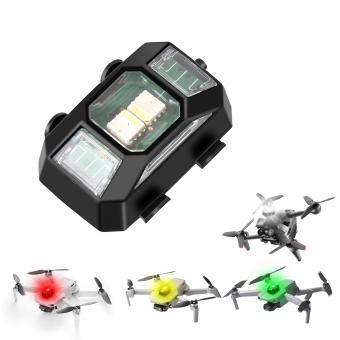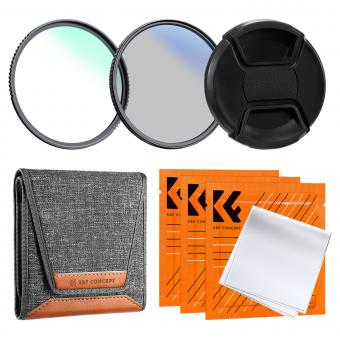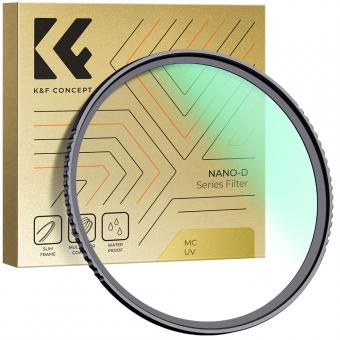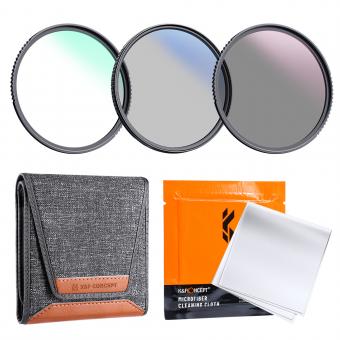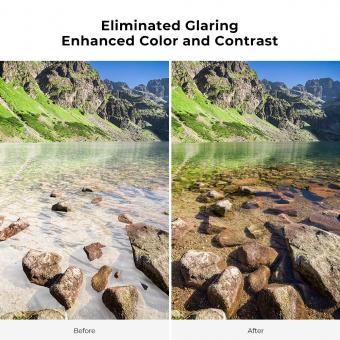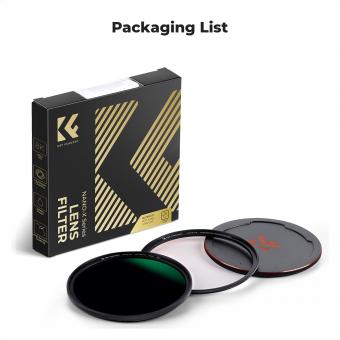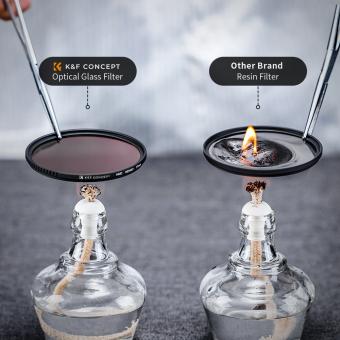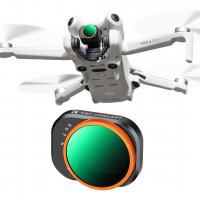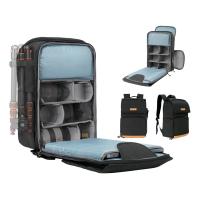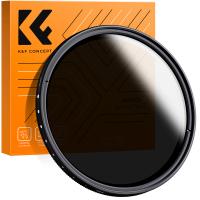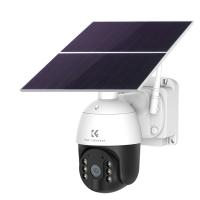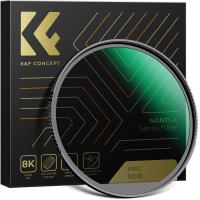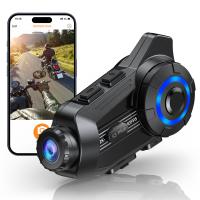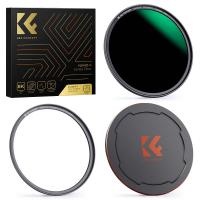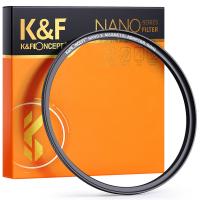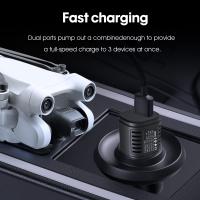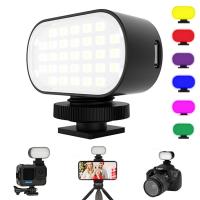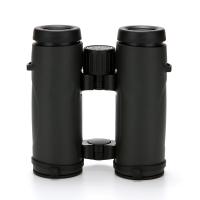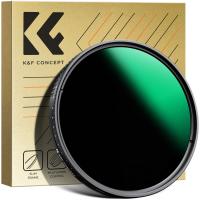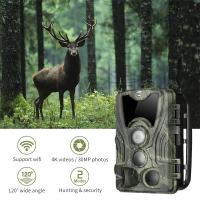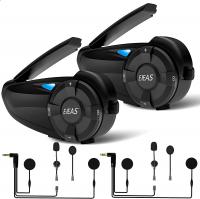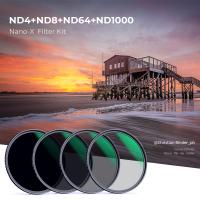How To Choose Uv Filter For Lens ?
When choosing a UV filter for your lens, there are a few things to consider. First, make sure the filter is the correct size for your lens. You can usually find this information on the lens itself or in the lens manual.
Next, consider the quality of the filter. Look for a filter made from high-quality materials that won't degrade the image quality of your lens.
You should also consider the level of UV protection you need. Some filters offer more protection than others, so choose one that meets your needs.
Finally, consider the price. UV filters can range in price from very affordable to quite expensive. Choose one that fits your budget, but don't sacrifice quality for price.
1、 UV filter basics
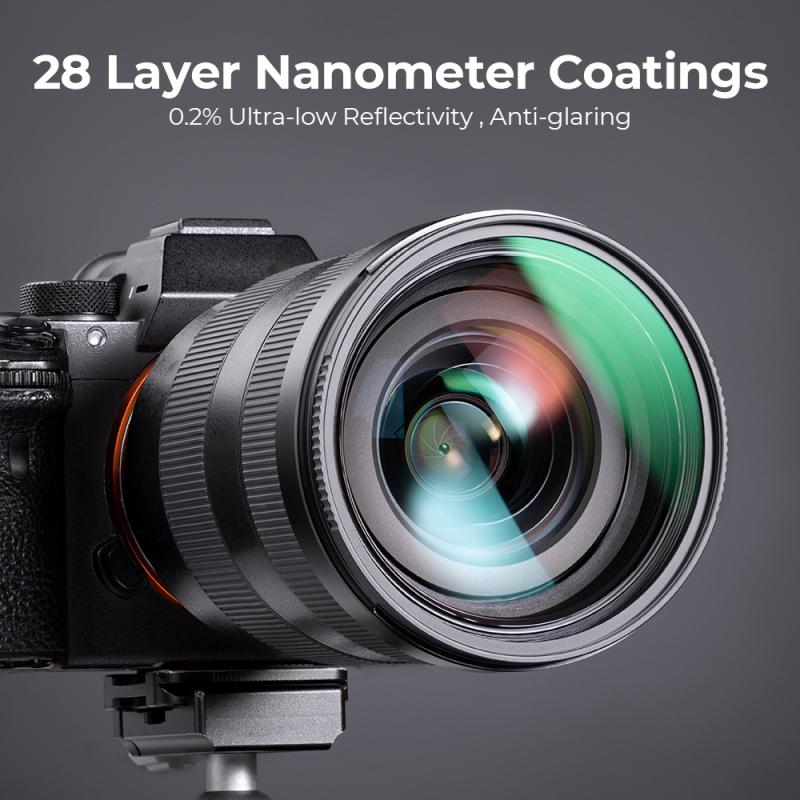
A UV filter is a transparent filter that is placed on the front of a camera lens to protect it from scratches, dust, and other damage. It also helps to reduce the amount of ultraviolet light that enters the lens, which can cause haze and reduce image clarity.
When choosing a UV filter for your lens, there are a few things to consider:
1. Size: Make sure you choose a filter that is the correct size for your lens. Check the diameter of your lens and choose a filter that matches.
2. Quality: Not all filters are created equal. Look for a high-quality filter that is made from high-quality materials. Cheaper filters may be more prone to scratches and may not provide as much protection as a higher-quality filter.
3. Coating: Some filters come with a coating that helps to reduce glare and improve image quality. Look for a filter with a multi-coating or anti-reflective coating for the best results.
4. Brand: Stick with a reputable brand when choosing a filter. Brands like B+W, Hoya, and Tiffen are known for producing high-quality filters.
5. Purpose: Consider the purpose of the filter. If you're using it primarily for protection, a basic UV filter will suffice. If you're looking to improve image quality, consider a filter with a coating or a polarizing filter.
6. Compatibility: Make sure the filter is compatible with your lens. Some lenses may require a specific type of filter or may not be able to use a filter at all.
In recent years, there has been some debate about the necessity of using a UV filter. Some photographers argue that modern lenses are already coated to protect against UV light and that adding a filter can actually reduce image quality. However, others still swear by using a UV filter for protection and to reduce the risk of scratches and damage to their lenses. Ultimately, the decision to use a UV filter is up to the individual photographer.
2、 Types of UV filters
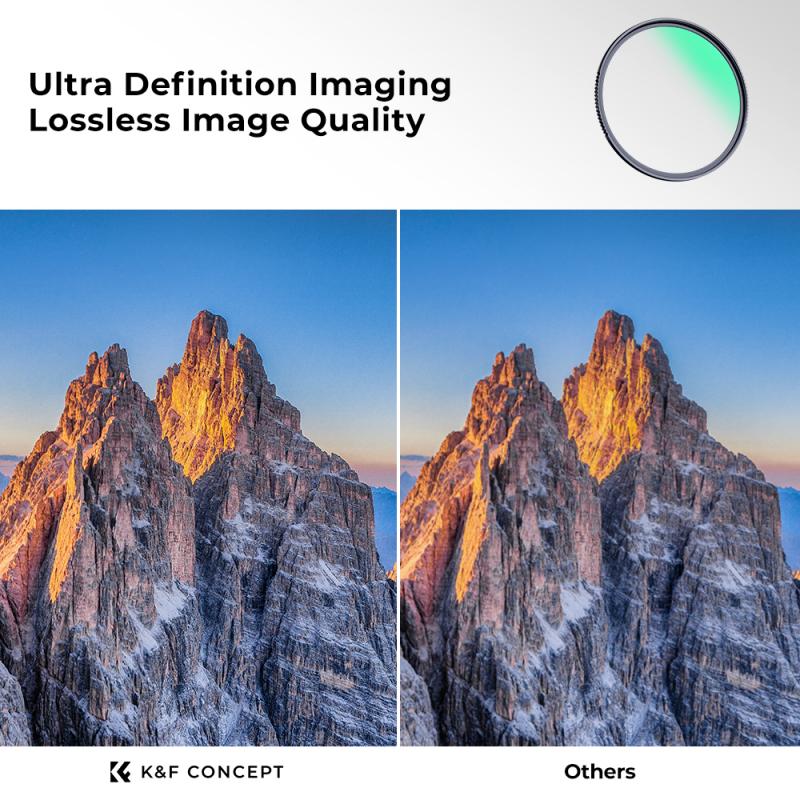
How to choose UV filter for lens:
When choosing a UV filter for your lens, there are a few things to consider. First, make sure the filter is the correct size for your lens. You can usually find this information on the lens itself or in the lens manual. Next, consider the quality of the filter. Look for a filter made from high-quality materials that won't degrade the image quality of your photos. Finally, consider the price. While you don't want to skimp on quality, you also don't want to overspend on a filter that doesn't provide any additional benefits.
Types of UV filters:
There are two main types of UV filters: coated and uncoated. Coated filters have a special coating that helps to reduce glare and improve image quality. Uncoated filters are less expensive but may not provide the same level of protection or image quality.
In recent years, there has been some debate about the necessity of UV filters. Some photographers argue that modern lenses already have built-in UV protection and that adding a filter can actually degrade image quality. Others argue that a UV filter can provide an extra layer of protection for your lens and can be easily replaced if scratched or damaged.
Ultimately, the decision to use a UV filter is up to the individual photographer. If you do choose to use one, make sure to choose a high-quality filter that won't degrade your image quality.
3、 Coating options
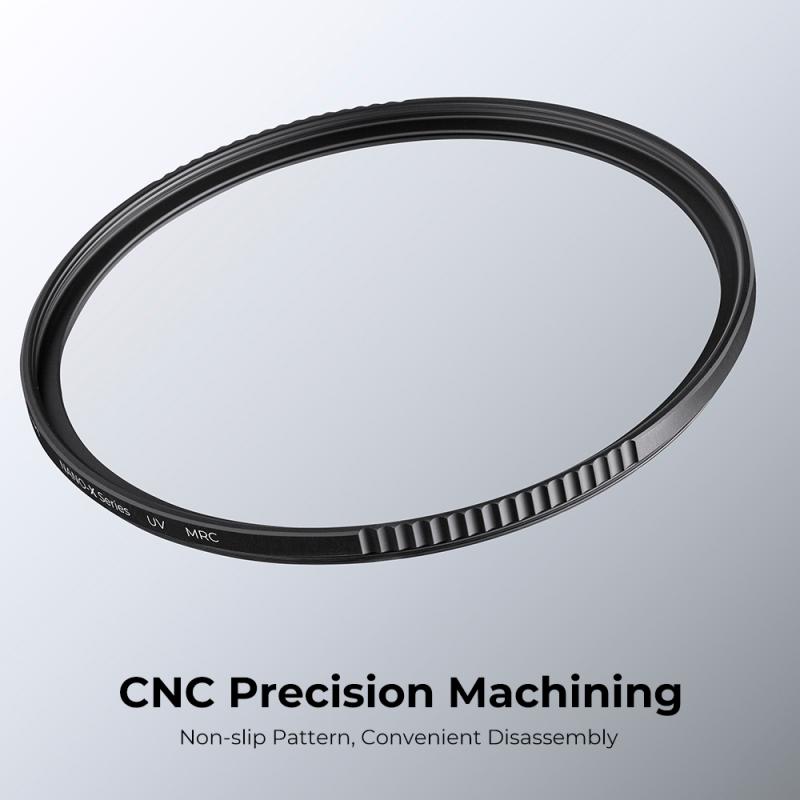
How to choose UV filter for lens:
When choosing a UV filter for your lens, there are a few things to consider. First, make sure the filter is the correct size for your lens. Second, consider the quality of the filter. Cheaper filters may not be as effective at blocking UV light and may also degrade image quality. Look for filters made from high-quality materials and with multi-coatings to reduce reflections and improve image clarity.
Coating options:
There are several coating options available for UV filters. Multi-coated filters are the most common and offer the best protection against UV light. They also reduce reflections and improve image quality. Some filters also have anti-reflective coatings, which further reduce reflections and improve contrast. Other coatings, such as water-resistant coatings, can help protect the filter from damage and make it easier to clean.
The latest point of view:
Recent studies have shown that UV filters may not be necessary for digital cameras, as most modern lenses already have built-in UV protection. However, UV filters can still be useful for protecting the front element of your lens from scratches and other damage. Additionally, some photographers prefer to use UV filters for aesthetic reasons, as they can add a slight warming effect to images. Ultimately, the decision to use a UV filter is up to the individual photographer and their specific needs.
4、 Compatibility with lens
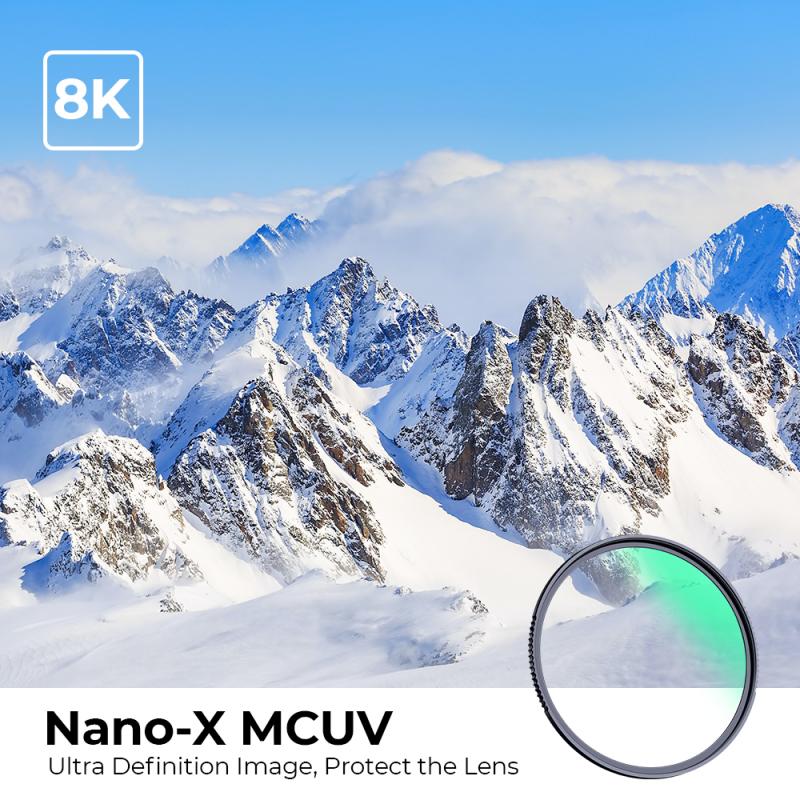
"How to choose UV filter for lens" is a common question among photographers. One of the most important factors to consider when choosing a UV filter is compatibility with the lens. It is essential to ensure that the filter is the correct size and thread pitch for the lens. This can be determined by checking the lens specifications or by using a filter size guide.
Another important consideration is the quality of the filter. It is recommended to choose a high-quality filter made from optical glass or coated with multi-layer coatings to reduce reflections and improve image quality. Cheaper filters may cause image degradation, such as vignetting or color cast.
In recent years, there has been some debate about the necessity of UV filters. Some photographers argue that modern lenses already have UV coatings, making a UV filter redundant. However, others argue that a UV filter can still provide additional protection for the lens and improve image quality by reducing haze and increasing contrast.
Ultimately, the decision to use a UV filter is a personal one, and photographers should weigh the benefits and drawbacks before making a choice. If a UV filter is chosen, compatibility with the lens and quality of the filter should be top priorities.

